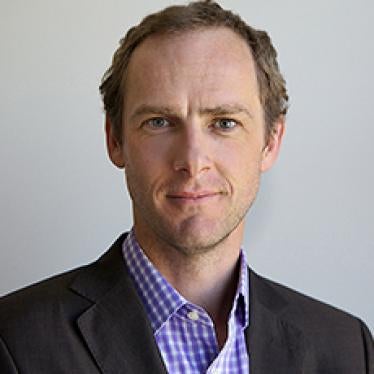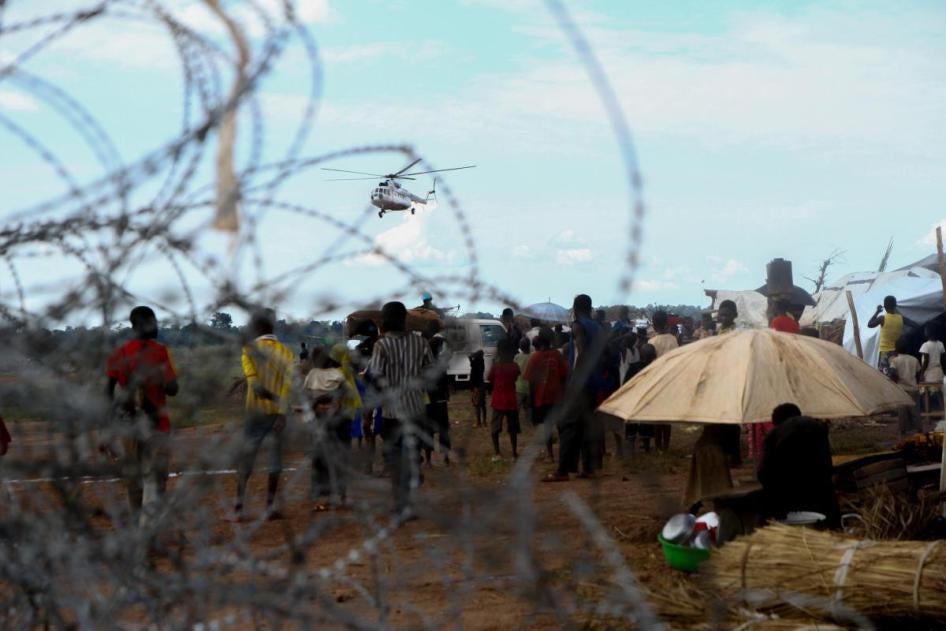In the Central African Republic last month, I met with Seleka commanders whose forces were accused of just having razed a camp for internally displaced people in the town of Kaga-Bandoro, killing 37 people. They denied responsibility, of course, but when I mentioned that those responsible could be held accountable, they chuckled. The notion that anyone in the Central African Republic would be punished for killings and other war crimes seemed like a joke.
It is easy to see why they think so. Since 2013, when the country descended into a spiral of political and communal violence, killing thousands of civilians, war criminals on all sides have walked free. Women and girls have been raped and used as sex slaves, villages have been burned, and more than 837,000 people remain displaced. But those responsible among the Seleka and anti-balaka have yet to face punishment. They are free to rape, pillage and kill again.
This week the international community has a chance to help end that deadly trend. The Brussels conference for the Central African Republic on November 17, organized by the European Union to bring the government and donors together, will give the new authorities in Bangui a platform to outline their priorities and the country’s partners a chance to present their plans.
No simple solution exists, of course, and the country needs a comprehensive program for peace, security and development. But financial and political support to the Central African government’s nearly non-functional judicial system is desperately needed to help stem the violence that continues to tear this country apart.
Concretely, donors should support the innovative judicial institution that gives central Africans some hope: the Special Criminal Court (SSC). Established in June 2015, the court consists of national and international staff and has a mandate to investigate and prosecute the gravest crimes committed in the country since 2003, including war crimes and crimes against humanity.
This court offers the best chance to address serious crimes, break the cycles of impunity, and help strengthen the justice system overall. It will also serve as a necessary partner to the International Criminal Court, which has a mandate to prosecute crimes since August 2012 but will only go after a handful of high-level suspects.
Unfortunately, funding gaps and administrative hurdles have impeded making the court operational. The justice minister announced in August that the international prosecutor would be named by the end of the year, but the appointment of national judges has lagged.
The donors meeting in Brussels can help get the court up and running by giving the body its unqualified support. Donors should commit their support for a full five-year cycle of the court, instead of putting up smaller amounts of money, piecemeal. They should make clear that lasting security and development requires justice. At the same time, the government should order the committees tasked with nominating court officials to expedite their work. And it should stress that accountability for serious crimes forms a central pillar of its stabilization strategy.
A functioning Special Criminal Court will not resolve all of the country’s deep-seated problems. But holding abusers to account can help people regain faith in state institution and heal communal relations.
Conversely, the failure to hold killers accountable makes them feel free to kill again. And with every attack on a village, with every civilian killed, donor money for peace and security – including more than 500 million euros from the European Union since 2013 and over 1.8 billion euros for the UN peacekeeping mission – carries significantly less weight.









